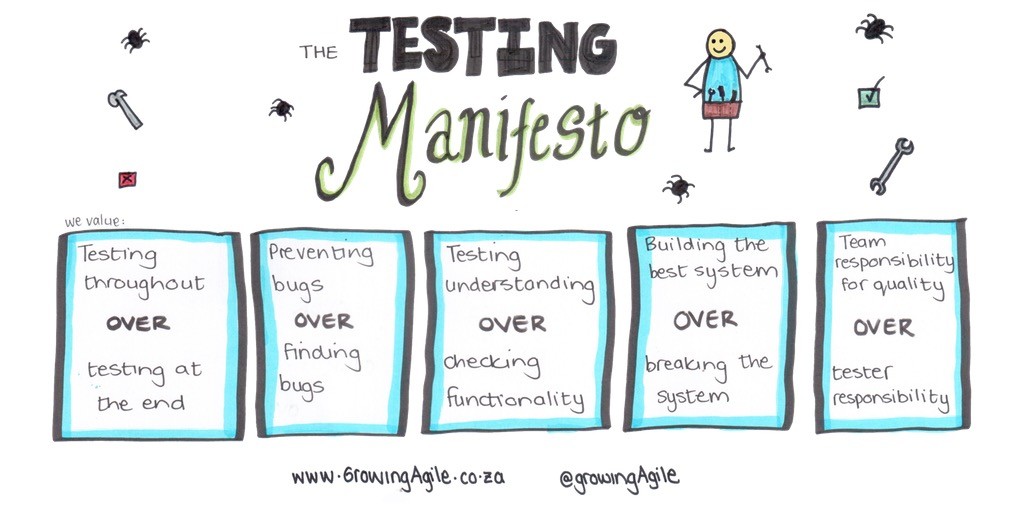I work as manual/black-box tester. My responsibility primarily includes functional testing of a web application and to some extent database testing using sql server, based on the functional specification. It is coded in .Net technologies. There isn't much scope of performance, security or automation testing for my role/position as company has hired automation/performance experts to do that.
The problem is that even after trying out quite a few negative testing scenarios and using complex test data , i am still not able to find any critical defects in the product, except some minor UI/cosmetic bugs.
A part of this can be due to the fact that the application itself is very old and very mature, stable product. In-fact, many testers have worked on that and serious problems have already been found/fixed. It is indeed challenging and difficult to find a critical defect in the process flows.
I just keep on writing test cases/scripts and execute them, but then I don't have anything to show to the management. Sometimes it makes me think that I am not providing any value to the product owners, as they hired me to identify crucial, important problems.
The product that I test, is a financial application and has a lot of file processing for financial data.
What to do in these situations, when you don't find any serious problems even after testing the product long enough. Is a testers worth at job directly proportional to the Number of defects found?
Does it make you an ineffective tester, if you just show test execution metrics to the management, but haven't found any real vulnerabilities in the product?
